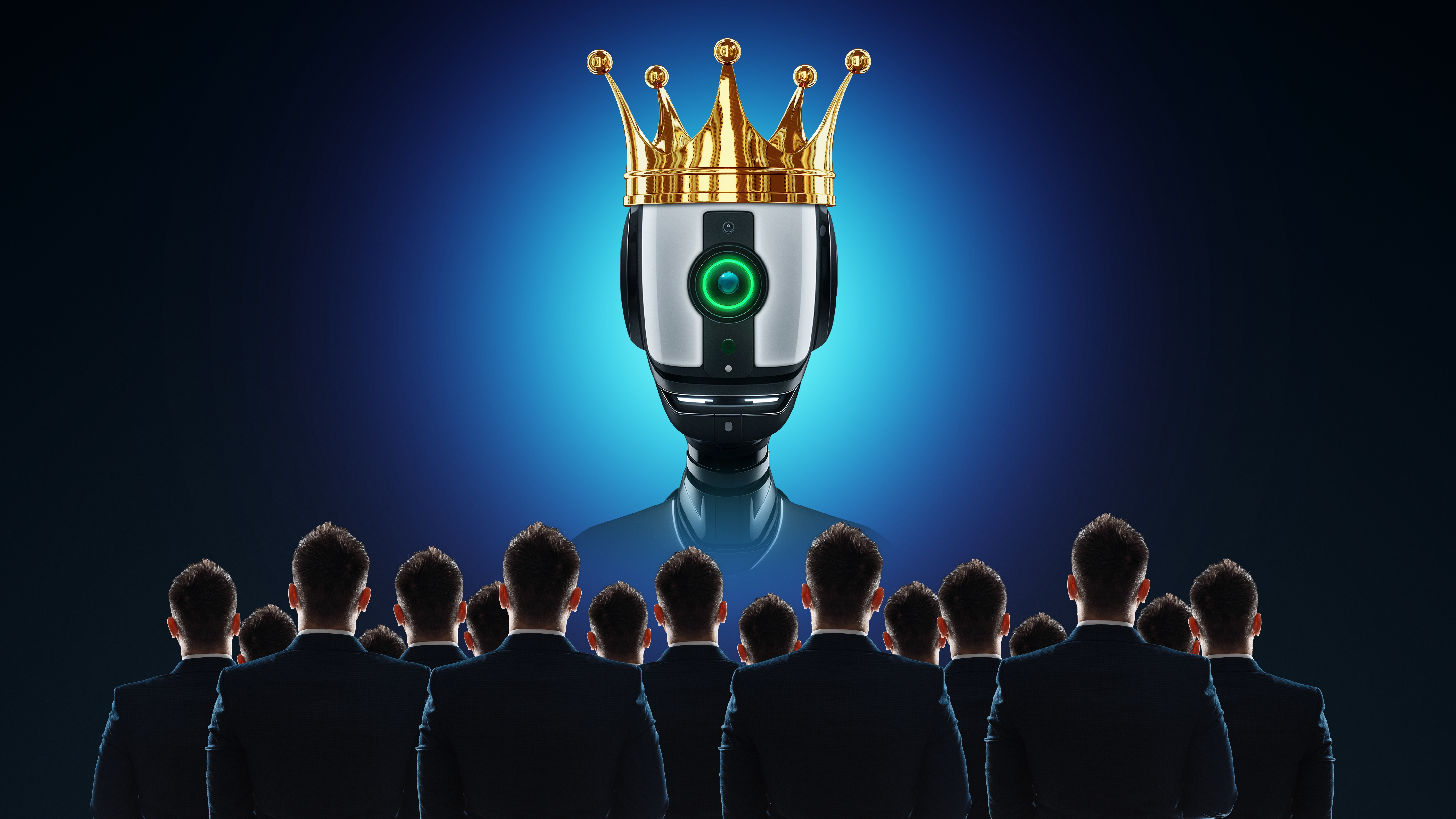
The "new" world of Artificial Intelligence seems to be following a similar path to previous iterations of smart technology: a hardware versus software focus or, more to the point, a hardware versus cloud perspective.
Hardware manufacturers have embraced AI as an opportunity to convince consumers that they need to upgrade their current devices, offering the hope (if the consumers agree) that wallets will re-open, driving a sales resurgence not seen since the dark days of the pandemic. New specs have appeared, such as NPU (neural processor unit), that are key to powering faster and more efficient AI smarts, with the implication that older devices – be they PCs, smartphones, tablets or even (perhaps especially?) smart speakers – will simply not be up to the task of addressing every last task our hearts desire.
That approach certainly has merit, and faster, more optimized devices are better positioned to make the most of AI capabilities. But the challenge (at least in the consumer market) is explaining to these potential customers just what exactly AI will deliver that makes buying a new device imperative. And nowhere is that more obvious than in the smartphone world: buy an AI device… trust us, you need it. Which sounds awfully reminiscent of the 5G pitch and consumers are still waiting for a real-life application to make use of 5G (aside from the obvious that it is “faster”).
There is also a significant downside to the hardware-focused AI approach for consumers. The real key for AI will be its omnipresence in the form of your intelligent agent (Siri, Alexa, Hey Google… even Bixby) on all possible hardware. These “intelligent” agents desperately need more AI smarts to make them more useful – and less frustrating. But if the AI smarts only come with upgraded hardware then the consumer could find themselves with a schizophrenic agent: on one device, with super-NPU and so on, you have a power junky of an agent, ready to answer any question in detail; but then, if you happen to ask via a different device – say your smart speaker that (most likely) you bought precisely for its agent abilities – you may get a far less satisfactory response. Smart Agent/Dumb Agent. Your mileage, as they say, may vary.
Sure, the flippant response to this dilemma is simply for the consumer to buy even more hardware, upgrading everything. But the average consumer’s wallet is not yet in a place where it can open up that much. Upgrading a lot of devices at one shot is simply too much money. That could be an opportunity for the manufacturers; perhaps the jump up to AI-ready hardware will allow the manufacturers to pursue a device leasing solution, where all the hardware and software is provided via a subscription-based model. The customer never actually owns the hardware, but benefits from planned refreshes of the devices over time. But there’s a second issue to resolve before that can happen: it’s going to take a while for the manufacturers to upgrade all of their devices to be “AI ready” anyway.
The slightly less flippant question is to ask “does it matter anyway”. After all, most consumers have not yet been convinced of AI’s benefits beyond fun-to-have applications such as photo editing and making the occasional song or two. The answer, perhaps, depends on the strategy that the various AI providers are taking. A short-game strategy is to sell more hardware: the long game is to own the ecosystem moving forward and that means convincing the consumer that your smart agent is the one to rely on. We have long posited in our Ecosystem Report that the smartphone’s dominance at the center of the consumer’s ecosystem will be replaced by the intelligent agent that is available on ALL devices. That means the consumer could, for example, think OpenAI (or some other purveyor of AI) first, hardware second. Yes, the consumer will still (probably) continue to buy the dominant brands of hardware that they do today, but the OEM will be seconded to the position of a device provider, rather than being absolutely central to the ecosystem of choice. And if you wonder if that is a big deal or not, just consider the smartphone world under Android, where Google really owns the consumer relationship regardless of the smartphone purchased (and it is so easy to switch your hardware for another brand).
Of course, the cloud-based AI approach is not without its flaws too. You do need fast hardware still (yes, that NPU stat probably is still important) and a fast connection to boot. But it will work across a broader range of hardware to better, or lesser, degrees depending on the speed and age of the device. Again, your mileage will vary in terms of responsiveness, but at least you will be getting the same consistent intelligent agent. And as a bonus, low-latency, edge-focused 5G networks will, perhaps, have finally discovered their killer application.